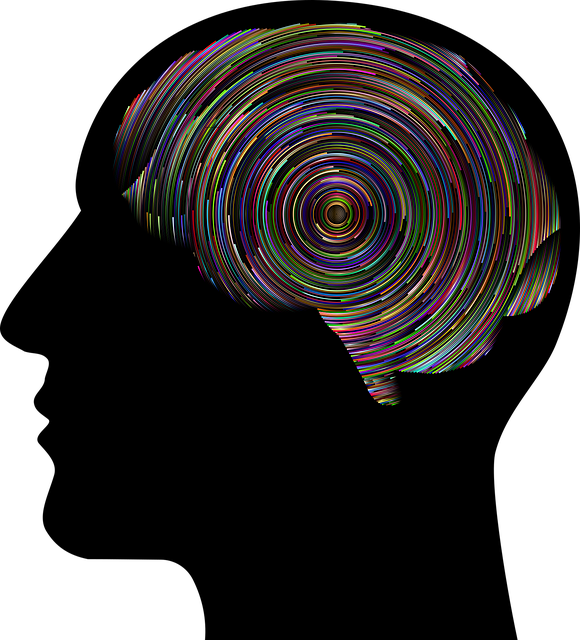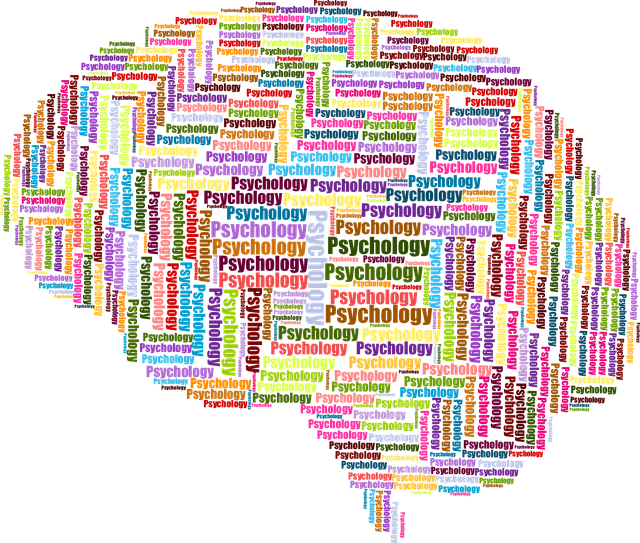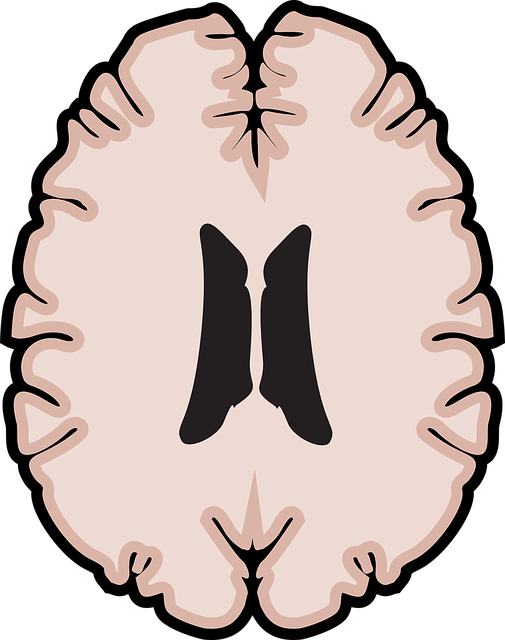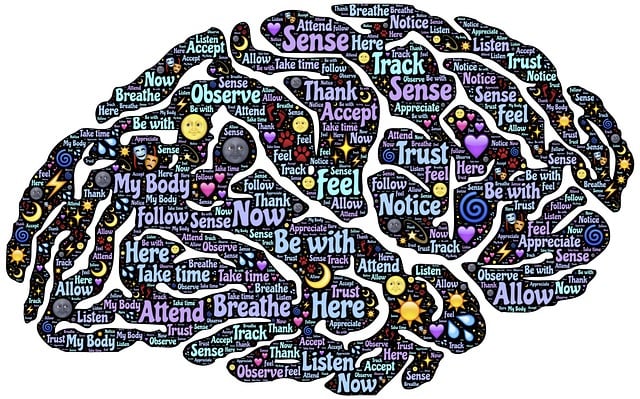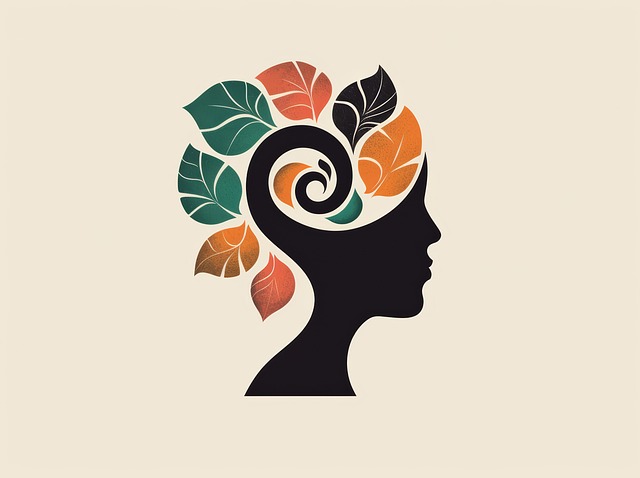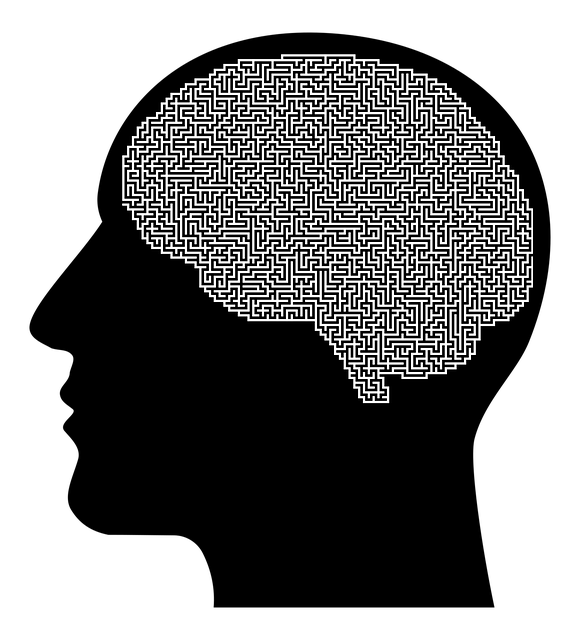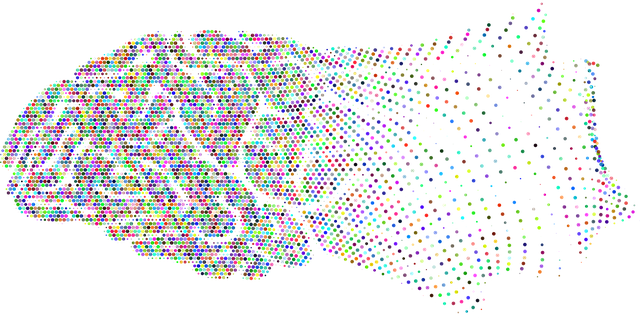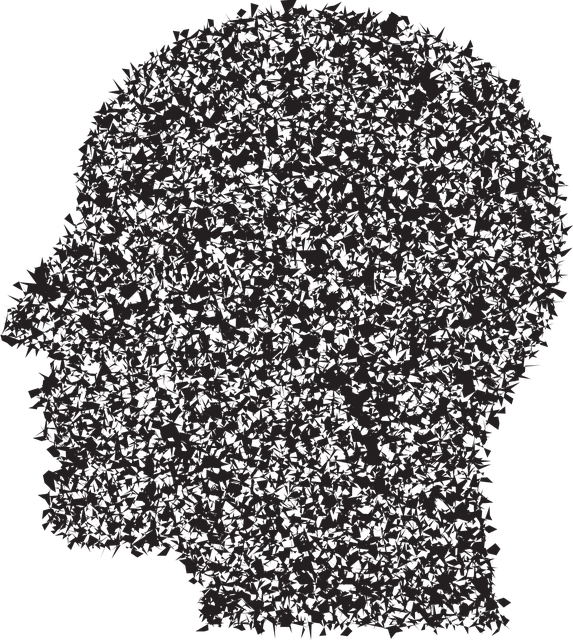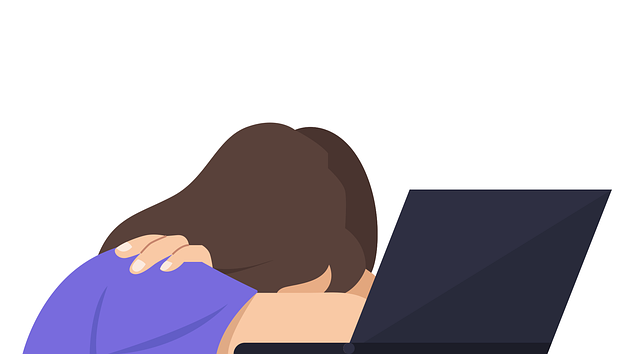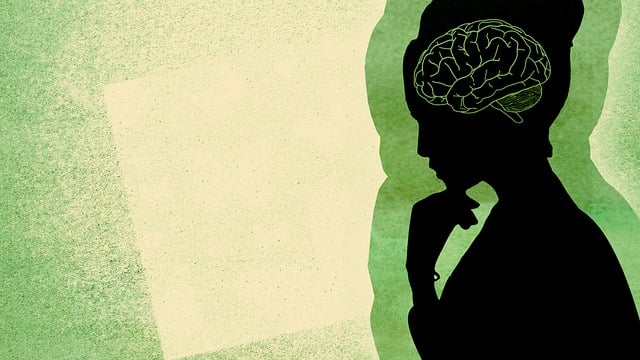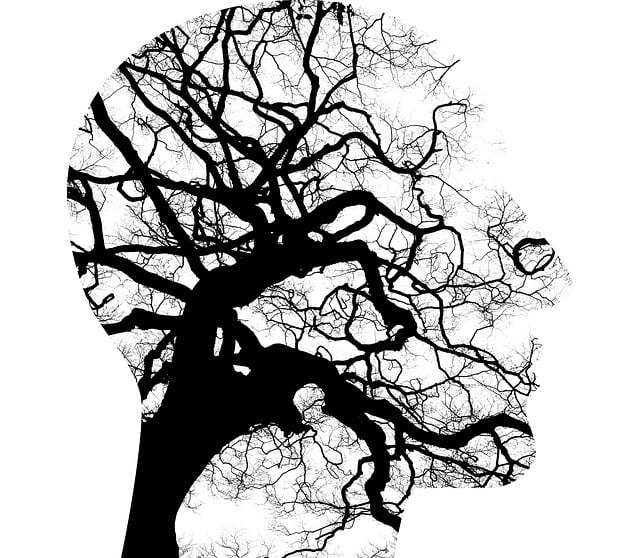Mental wellness in young children, often overlooked, includes resilience, emotional balance, and coping strategies. Early understanding is crucial as it impacts overall development. For chronic pain sufferers, therapy manages symptoms, develops healthy stress copings mechanisms, and enhances well-being through self-awareness exercises and social skills training. Proactive mental health support equips kids to navigate challenges, fostering resilience and effective management of chronic pain through tailored CBT and parent involvement in support networks. Early identification, community education, and normalizing mental health discussions are key to improving quality of life for young children with chronic pain.
Mental wellness is a cornerstone of healthy development, especially in young children. This article delves into vital aspects of promoting and safeguarding mental health among this vulnerable population, with a specific focus on those experiencing chronic pain. We explore understanding mental wellness early, identifying signs of distress, and highlighting the transformative power of therapy. Additionally, we provide practical strategies for parents and caregivers, along with community resources for early intervention, emphasizing the importance of proactive mental wellness promotion in children affected by chronic pain.
- Understanding Mental Wellness in Young Children
- Identifying Signs of Chronic Pain and Its Impact on Mental Health
- The Role of Therapy in Promoting Mental wellness for Kids with Chronic Pain
- Strategies for Parents and Caregivers to Support Their Child's Mental Health
- Preventive Measures and Community Resources for Early Intervention
Understanding Mental Wellness in Young Children

Mental wellness in young children is a crucial aspect that often goes overlooked. It involves not just the absence of mental illness but also the presence of resilience, emotional balance, and effective coping strategies. Understanding mental wellness early on is essential as it forms the foundation for a child’s overall development. Children experiencing chronic pain, for instance, might require therapy to manage their symptoms and develop healthy mechanisms to deal with stress.
Promoting mental wellness in this demographic involves integrating practices such as self-awareness exercises and social skills training. These strategies can help children identify and express their emotions effectively, build positive relationships, and enhance their overall sense of well-being. By addressing mental health proactively, we can ensure that young individuals grow up with the tools necessary to navigate life’s challenges, fostering resilience and a strong sense of self.
Identifying Signs of Chronic Pain and Its Impact on Mental Health

Chronic pain can have a profound impact on an individual’s mental health and overall well-being, especially for young children who are still developing emotional coping mechanisms. Identifying the signs early is crucial. Persistent headaches, frequent stomach aches, or unusual changes in behavior could be indicators of underlying chronic pain. These symptoms often go hand in hand with heightened stress levels, leading to anxiety, depression, and even aggression if left unaddressed.
Therapy plays a vital role in managing chronic pain and its mental health repercussions. Cognitive-behavioral therapy (CBT) is an effective approach for both children and adults, helping them recognize and change negative thought patterns associated with pain. Additionally, involving parents or caregivers in support networks and stress management workshops can create a nurturing environment, fostering open communication about pain experiences and promoting healthy coping strategies. Public awareness campaigns centered around mental wellness are also essential to educate communities on recognizing and alleviating the effects of chronic pain on psychological health.
The Role of Therapy in Promoting Mental wellness for Kids with Chronic Pain

For young children suffering from chronic pain, therapy plays a pivotal role in promoting mental wellness. Beyond managing symptoms, therapeutic interventions tailored for this demographic focus on enhancing coping mechanisms, improving emotional regulation, and fostering resilience. Therapists employ various evidence-based approaches, such as cognitive behavioral therapy (CBT), to help kids understand and manage their pain perception and associated emotions. CBT equips them with practical tools to challenge negative thought patterns and replace them with healthier alternatives, thereby boosting their mental fortitude.
Incorporating social skills training within these therapeutic settings is another effective strategy. By teaching empathy building strategies and enhancing communication abilities, therapy sessions create a supportive environment where children with chronic pain can connect with peers and adults on a deeper level. This not only fosters positive relationships but also contributes to their overall mental health recovery. Mental health education programs designed specifically for this age group further equip these young patients with the knowledge and skills necessary to advocate for themselves and manage their conditions effectively, ultimately promoting a more optimistic outlook and improved quality of life.
Strategies for Parents and Caregivers to Support Their Child's Mental Health

Promoting mental wellness in children starts with a supportive environment at home. Parents and caregivers play a pivotal role in fostering healthy coping mechanisms and resilience in young minds, especially when dealing with chronic pain. One effective strategy is to encourage open communication strategies where children feel safe expressing their emotions. This could involve regular check-ins, active listening, and validatation of their feelings without judgment. By normalizing discussions about mental health, parents can help reduce the stigma associated with seeking therapy for young children experiencing chronic pain.
Incorporating activities that promote self-care and coping skills development is another powerful tool. This could include mindfulness exercises tailored for kids, engaging in creative outlets like art or music, or adopting simple routines to manage stress. Additionally, involving the entire family in these practices can strengthen bonds and create a collective focus on mental wellness. Community outreach program implementation can also be beneficial, as connecting with local support groups or therapy centers specialized in pediatric care ensures access to expert guidance and resources for both child and caregiver.
Preventive Measures and Community Resources for Early Intervention

Early intervention is key to promoting mental wellness, especially when it comes to young children experiencing chronic pain. Preventive measures should start at home, with open and honest communication strategies between parents and their young ones. This includes creating a safe space for children to express their feelings and concerns related to their pain, which can be enhanced by incorporating Mental Wellness Journaling Exercises into daily routines. By encouraging them to write down their thoughts and experiences, parents can gain valuable insights into their child’s emotional state and work together on developing coping skills from an early age.
Community resources play a vital role in this process, offering therapy programs specifically designed for young children with chronic pain. These initiatives often include group sessions that foster social connections and provide opportunities for children to share their experiences with peers facing similar challenges. Through these community-based interventions, children can learn effective coping strategies, build resilience, and develop a positive mindset, all of which contribute to long-term mental wellness and overall well-being.
Promoting mental wellness in young children is a multifaceted approach that involves understanding their unique needs, identifying signs of distress early on, and providing effective support. As discussed, therapy plays a pivotal role in treating children with chronic pain, offering them tools to manage their symptoms and enhance their emotional well-being. By combining professional interventions with practical strategies for parents and caregivers, we can create a supportive environment that fosters mental resilience. Early intervention through community resources is key to preventing longer-term issues, ensuring these young individuals grow up with the resources they need to navigate life’s challenges. Through collaborative efforts, we can revolutionize mental wellness promotion and improve the lives of children affected by chronic pain.

